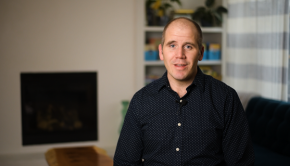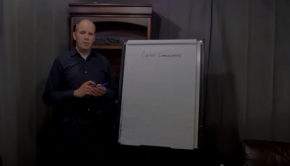In this industry, there are certainly advantages to being well versed in a wide variety of AV topics. Being able to do a bit of everything will help you become more valuable to your team and in turn advance your career opportunities. While I personally put a lot of weight into being diverse, it has often been said that the jack of all trades is actually a master of none.
The Downfalls of Focusing on too much
I once knew an installer that did a little bit of EVERYTHING, lets call him Tom. You need a cable pulled, Tom was the guy. Terminated? No problem. Touch panel you ask? Done. Bug fix? What bug? Oh…maybe this will fix it. (can you see where this is going…) Audio setup? It’s fine! Well… it kind of works.
One of Tom’s biggest failures was that attention to detail just got lost somewhere along the way. Put in a position where everything was lovingly hacked together, Tom left a project with a touch panel that worked but looked like it was thrown together last minute, and the system never performed to full capacity.
From all the systems installations I have personally been involved in, I have not found one single person that can pull everything off effectively. While many people may have the raw talent to accomplish this, there are just too many things that need to get done and too little time to poke away with every little detail.
What’s your Niche?
In order to get better at something, you need to dedicate some time to learning the subject matter. To really become an expert, you may have to spend some time outside of regular office hours to take your learning to the next level. One of the best things about the Pro AV Industry is that some of the technology actually is “cool”. If you find what interests you, you will be willing to put in the time required to master the subject. This is YOUR AV Niche, and is what can set you apart from your peers.
What if something is Outside your Niche?
Unfortunately we can’t always work on what we want to all the time. Knowing what your niche is can help you advance your career, but you also need some additional knowledge. One of the most powerful things you will ever learn is knowing where (and when) to get the answers you need. You see, you don’t need to know everything, you just need to know how to get the information. To put this in more literal terms, manufacturers are a good example of this. If you have a problem setting up a piece of gear and the instructions just aren’t working rather than spend hours trying to figure out why, call technical support. Chances are that someone else has had the same problem as you, and there may be a documented way to fix your issue fast.
Another way to get outside information is to physically bring in someone on site who can give you some pointers on the issue you are experiencing. Perhaps someone else in your team is more of an expert on audio systems than you are, it might save some time and frustration to get them to help tweak your audio.
A Balanced Approach
Some of you reading this may think that I am suggesting each person only needs to learn one thing. Unless you work with a very large team, there is a good chance you will have to know a bit about everything, and I encourage knowing as much as you can. A balanced approach is required on both ends of the spectrum. Tom from my story above wasn’t exactly balanced either. His lack of focus meant he wasn’t really an expert on anything. Rather than having a balanced project with some really good aspects and a bit of mediocre work, it ended up mostly mediocre with some parts actually being done quite poorly.
I feel that you CAN focus on getting really good at core topics and techniques as long as you have the resources to pull together a complete project. Focusing on what you are good at can go a long way in making you the most productive you can be.
What do you think about focusing on one core topic?


